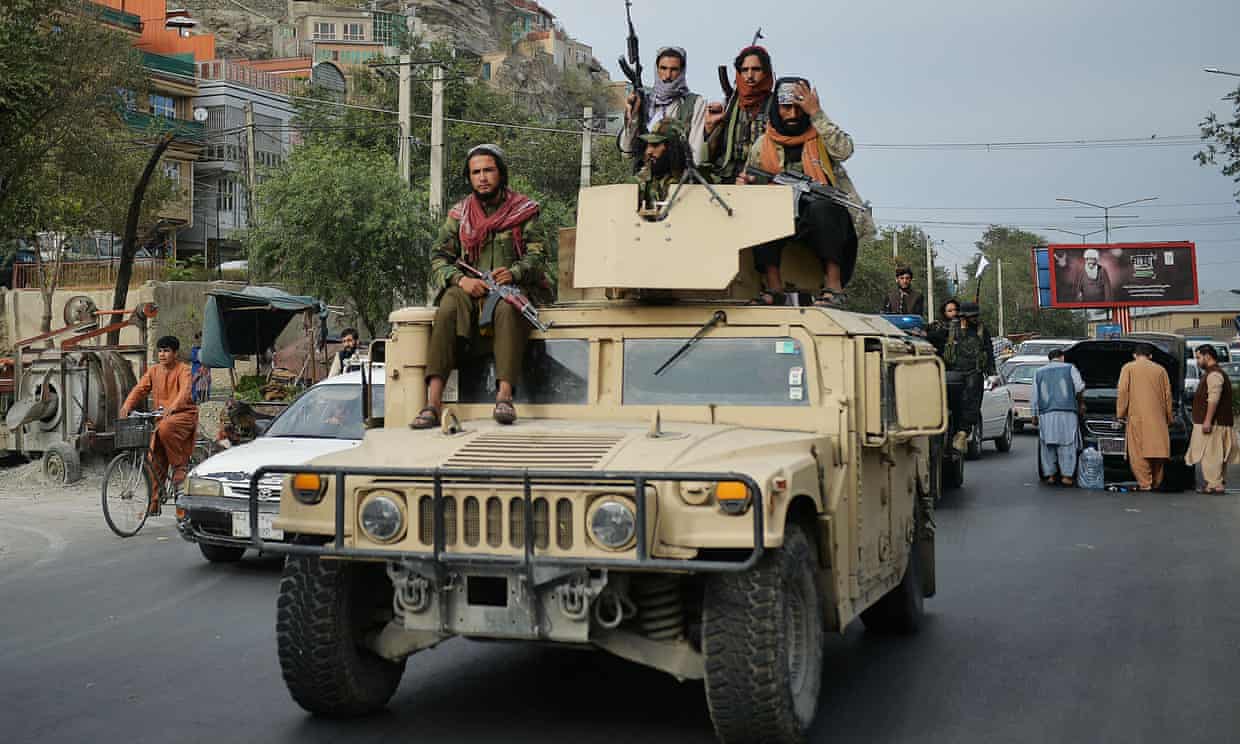Mission Creep
What are the lessons of the United States’ 20-year war in Afghanistan?
"Now that we know how the United States’ generation-long misadventure in Afghanistan ended, one Army officer’s experience in 2005, recounted in Craig Whitlock’s excellent and depressing The Afghanistan Papers: A Secret History of the War, takes on an elevated salience.
Books in Review
About four years into the conflict, Maj. Charles Abeyawardena, a strategic planner based at the Army’s Center for Lessons Learned at Fort Leavenworth, Kan., flew to the war zone to study the ill-fated effort to create a modern Afghan army. The task was already proving to be difficult, but the US government remained hopeful—as it would, officially at least, for another 15 years—that the nascent Afghan security forces would eventually become capable of keeping the country stable on their own, enabling the United States to withdraw with honor.

Abeyawardena’s mandate was to interview the Americans and senior Afghan officials involved in the work of recruiting, training, and deploying the Afghan army. But he took it upon himself to talk as well to some rank-and-file Afghan soldiers. When Abeyawardena asked them why they’d enlisted, the answers they gave were not unlike the reasons American troops typically cited: They were seeking a solid paycheck, or they wanted to serve their country, or they were taking advantage of a chance to do something new and different. Yet when Abeyawardena probed further, Whitlock writes, the responses foreshadowed serious trouble:
When he followed up by asking whether they would stay in the Afghan army after the United States left, the answers startled him. “The majority, almost everyone I talked to, said, ‘No,’” Abeyawardena said in an Army oral-history interview. “They were going to go back and grow opium or marijuana or something like that, because that’s where the money is. That threw me for a complete loop.”
A decade and a half of grinding counterinsurgency warfare and expensive nation-building efforts later, President Donald Trump made a deal with the Taliban under which the United States would withdraw its forces in 2021. In return, the Taliban promised not to let Afghanistan once again become a safe haven for Al Qaeda or other terrorist groups. They also promised that, in the interim, they would stop attacking American troops and engage in peace talks with the Afghan government. Then, after Trump’s successor, Joe Biden, made it clear that he would follow through on most of the major aspects of the deal, setting the date for planned withdrawal only four months later than initially agreed on, the Afghan national army swiftly abandoned the battlefield, permitting the Taliban to take the capital, Kabul, essentially without firing a further shot.
Amid the ensuing chaotic effort to evacuate Westerners who had ignored earlier warnings to get out and Afghans who had helped the American-led NATO effort, officials at the Pentagon and the White House offered a rather sheepish excuse for the evident lack of planning and preparation for this endgame: The intelligence assessment had been that the Afghan government would likely endure for a much longer period after the withdrawal, leaving more time to get people out of harm’s way. If so, the lesson arising from Maj. Abeyawardena’s research had not been learned: The Afghan army risked becoming a Potemkin organization whose function was as much about absorbing American cash as providing an enduring security foundation for that country’s future.
The same can be said about the hollow government the army was supposed to be propping. Even the puppet regime that the Soviet Union left behind in 1989, after Moscow ended its own occupation of Afghanistan, had managed to limp along for another three years before collapsing. Yet with twice the time spent trying to create stability in Afghanistan—and at the cost of more than $2 trillion, more than 7,000 dead American and allied troops and contractors, and more than 69,000 dead Afghan troops and police, along with more than 46,000 Afghan civilian casualties—the United States found that the Afghan state and armed forces it had created were not even capable of enduring long enough for the last American troops to finish getting out. . ."
GO HERE for more details >> https://www.thenation.com/article/world/craig-whitlock-afghanistan-papers/


No comments:
Post a Comment